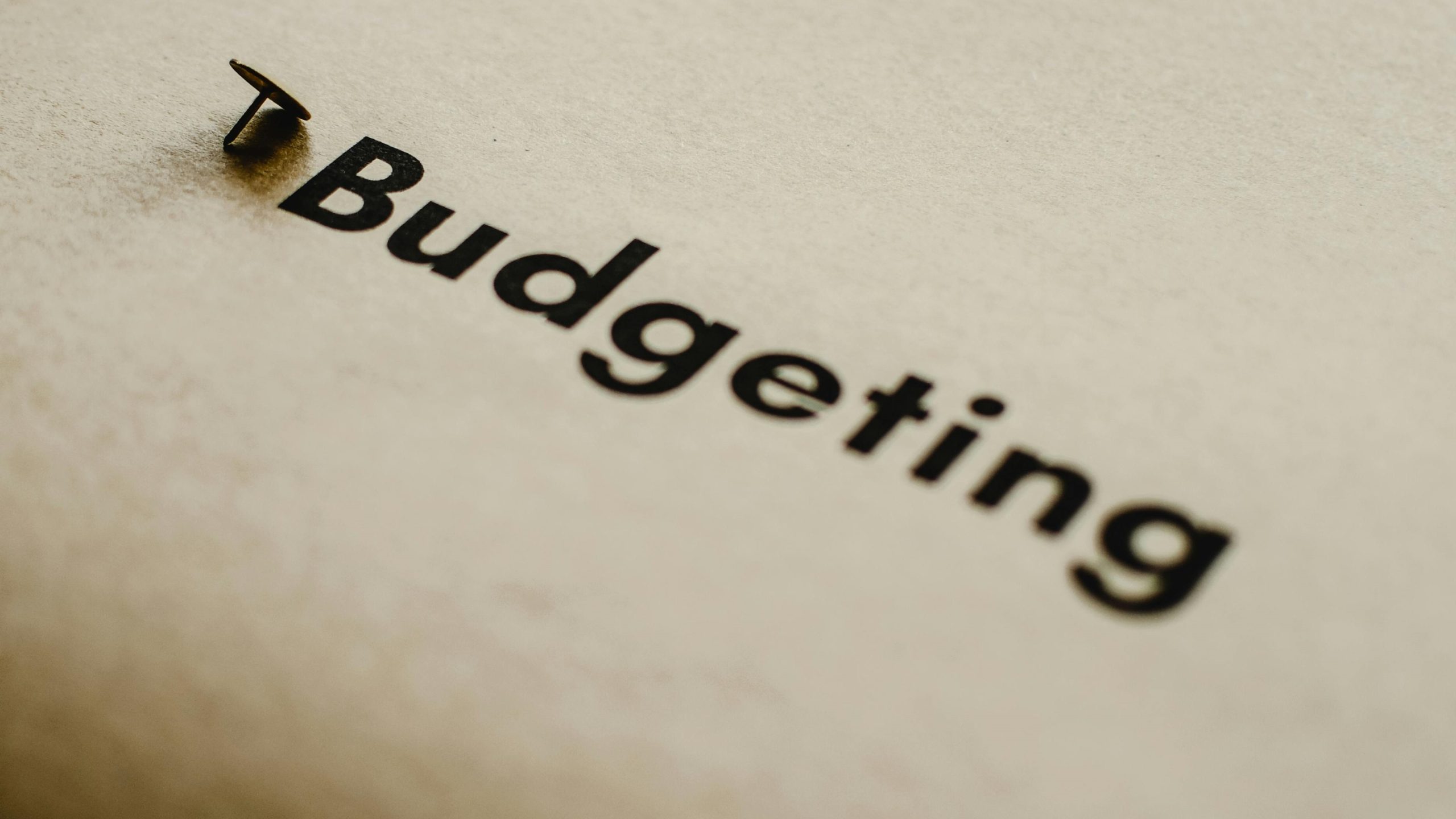

Mastering the Art of Budgeting: Tools and Techniques for Effective Money Management
Having control over your finances is crucial for a stable and successful life. Budgeting is a way to make conscious choices that help you align your spending with your financial goals and priorities. Whether you want to save for a home, pay off debts, or build an emergency fund, budgeting can help you achieve your aspirations. This blog post will guide you through some essential tools and techniques to help you create and stick to a budget that suits you.
Understanding the Basics of Budgeting
Let’s begin by understanding the concept of budgeting before we delve into its tools and techniques. Budgeting is nothing but a plan to manage your money. It tells you how much money you have coming in and how much you have going out, usually every month. The main objective of budgeting is to make sure that you are not spending more money than you are earning and that you are using your money wisely to achieve your financial goals.
1. Choose the Right Budgeting Method
When it comes to managing your finances and spending wisely, there are different approaches you can take. These approaches are commonly known as budgeting methods, and they cater to different lifestyles and personal preferences. Some of the popular budgeting methods you can choose from are:
- Zero-Based Budgeting: Every dollar you earn should have a specific purpose so that you can allocate all your funds and achieve a balanced budget. This way, you can make the most of your money and ensure that every penny is put to good use.
- Envelope System: To manage your spending and make sure you don’t overspend, you can divide your cash into different envelopes for different spending categories. This way, you can keep track of how much you’re spending in each category and avoid spending more than you planned. It’s a simple and effective way to stay within your budget.
- 50/30/20 Rule: When you receive your income, it is important to divide it into three parts. The first part, which is 50% of your income, should be used for your basic needs such as housing, food, and transportation. The second part, which is 30% of your income, is for your wants like entertainment, shopping, and hobbies. The last part, which is 20% of your income, should be used for savings and paying off any debts you may have. This way, you can manage your money in a balanced way and ensure that you have enough for everything you need, want, and save for your future.
There are various ways to manage your finances while staying within your budget. You can explore different methods and choose one that fits your financial goals and spending habits. This will help you keep track of your expenses and stay on top of your finances.
2. Track Your Expenses
To manage your money efficiently, it’s important to know where you’re spending it. Keeping track of your expenses, whether by writing them down on paper or using budgeting apps and software, helps you see where your money goes and identify areas where you can cut back. This way, you can make smart decisions about your finances and stay on top of your budget.
3. Set Realistic Goals
It’s important to set clear financial goals that are specific, measurable, achievable, relevant, and time-bound (SMART) to make sure that you’re on track with your budgeting. These goals can include things like saving for a special trip, paying off debts, or building an emergency fund. Having these goals in mind can help you stay motivated and focused on your financial journey.
4. Prioritize Essential Expenses
To begin with, it’s important to plan and allocate your money wisely to cover your basic expenses such as home rent, utility bills, grocery shopping, and transportation. These expenses are very important and cannot be avoided, as they are necessary for maintaining your regular lifestyle.
5. Allocate Funds for Savings and Debt Repayment
It’s important to make saving and paying off debts a top priority in your monthly budget. You can start by setting aside a certain percentage of your income towards savings, which can be used for emergencies, your retirement, or to achieve specific financial goals. At the same time, it’s essential to allocate funds toward paying off any high-interest debts you may have. This will help you reduce financial stress and give you more freedom to spend your money on other important things.
6. Monitor and Adjust Your Budget Regularly
Creating a budget is not a one-time thing. It requires you to keep an eye on it regularly and make changes based on your financial situation and goals. By reviewing your budget periodically, you can keep track of your progress, find areas that need improvement, and make necessary adjustments to stay on the right path.
Conclusion
In simpler terms, budgeting is a powerful tool that can help you take charge of your finances and achieve your financial goals. By using the right budgeting method, keeping track of your expenses, setting achievable goals, prioritizing essential expenses, saving and paying off debt, and regularly monitoring your budget, you can become a budgeting pro and enjoy financial success. Budgeting is not about limiting yourself, but about making conscious choices that align with your values and goals. So, start your budgeting journey today and take the first step towards a brighter financial future!
Related posts


How Long Does It Take to Repair a Bad Credit Score?

What Credit Score Is Needed for a Car Loan? Insider Tips for 2025







